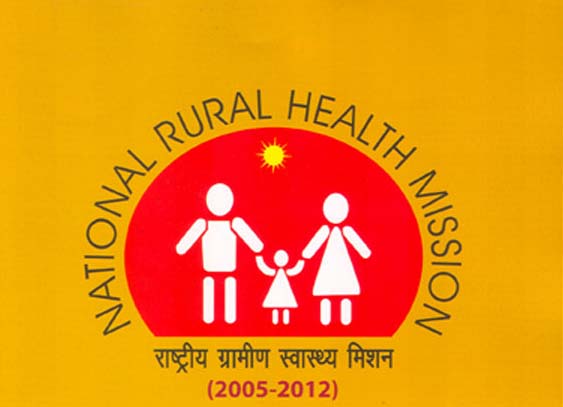ASHA provides health care in Punjab villages
 Abohar, April 29: With health awareness being minimal in rural Punjab, ASHA, a scheme launched by the Government of India under the National Rural Health Mission (NRHM), is benefiting villagers.
Abohar, April 29: With health awareness being minimal in rural Punjab, ASHA, a scheme launched by the Government of India under the National Rural Health Mission (NRHM), is benefiting villagers.
ASHA or, Accredited Social Health Activist, is bringing about a transformation, as the scheme spreads awareness about mother-child health.
One such ASHA is Roshni, who has undertaken a special task today. She is visiting a newly married couple in Sitto Village in Punjab’s Ferozepur district to counsel them on childbirth or preparations for childbirth, safe delivery and immunization.
In villages of Punjab, where there is not much health awareness, such counselling proves invaluable.
“In rural areas, people expect a child after a year of marriage. It’s a myth among uneducated people and they are unaware of the consequences to the child and the mother. As marriages in rural areas are held at a very young age, ASHA workers play an important role by visiting homes and educating people about consequences of an early pregnancy,” said Sunil Kumar, a newly married person.
There is one Accredited Social Health Activist for every 1,000 villagers, who interface between the community and the public health system.
Under the National Rural Health Mission scheme, ASHA workers not only create increased health awareness among women, but also increase the manpower of the health department.
The health workers are doing a commendable job, by implementing various health services and programs including registration of pregnancy, checking female foeticide, and immunization of children.
“The government has trained ASHA workers to control the rising Infant Mortality Rate (IMR) and Maternal Mortality Rate (MMR). ASHA workers are playing a significant role in getting pregnant women registered with local hospitals,” said Dr. Jaspal Singh, SMO, Shito Gunno Hospital.
ASHA workers work on honorarium basis. A worker would get four dollars for taking a pregnant woman for delivery to the government hospital and another eight dollars if she remains present with the mother and child after delivery.
She also receives four dollars for each tubectomy and vasectomy case and half-a-dollar for immunisation.
“We have benefited a lot from the scheme. Earlier, we were engaged in the housework the whole day. But, ASHA scheme is a source of income to us,” said Roshini, Asha worker.
These mid-wife counselors also educate women about family planning, maintaining of proper hygiene and educating the children.
ASHA workers have made a useful contribution in making the rural health mission a success.
Anyone eager to be part of ASHA, should be a woman resident of the village – married/ widowed/ divorced, preferably in the age group of 25 to 45 years.
She has to be a literate woman with formal education up to standard eight. This may be relaxed only if no suitable person with this qualification is available.
ASHA is chosen through a careful process of selection involving various community groups, self-help groups, Anganwadi Institutions, the Block Nodal officer, District Nodal officer, the village Health Committee and the Gram Sabha. (ANI)